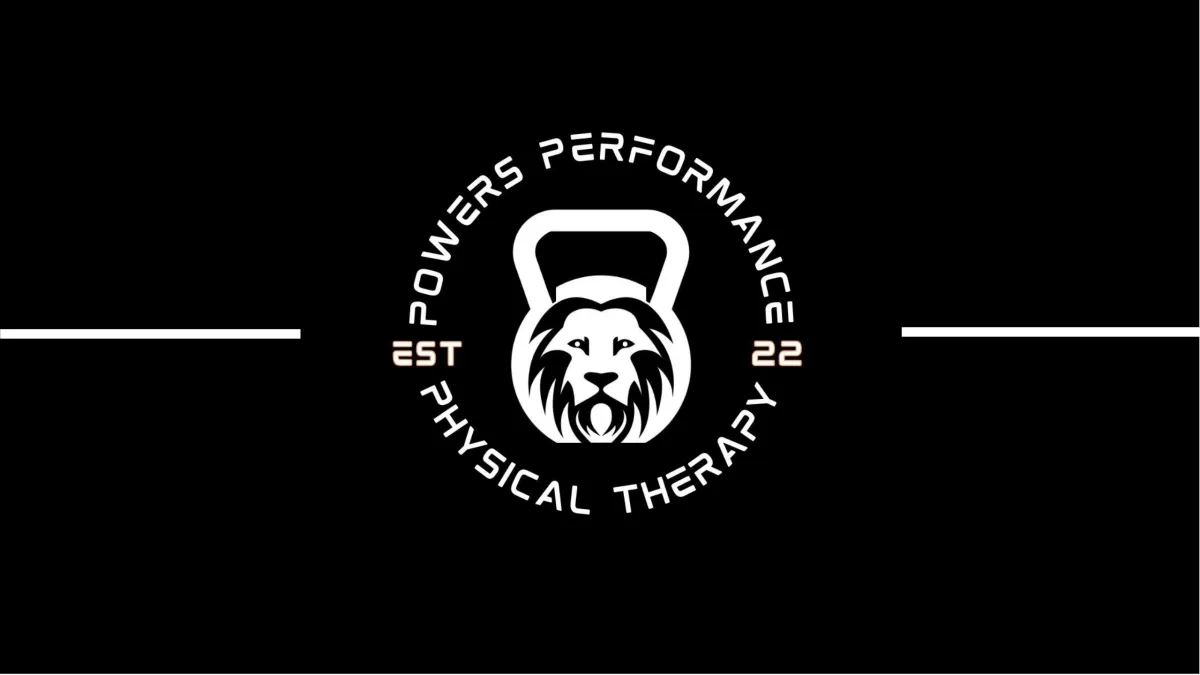
Maximize Injury Recovery: The Secret Role of Nutrition for Athletes
Maximize Injury Recovery: The Secret Role of Nutrition for Athletes
Injuries are an unfortunate part of every athlete’s journey. Whether it’s a muscle strain, ligament tear, or a bone fracture, the road to recovery can feel long and frustrating. Most athletes are quick to focus on physical therapy, rest, and exercises, but often overlook a key aspect that can significantly speed up recovery: nutrition.
What you eat during your recovery period plays a critical role in how fast and how well you heal. From rebuilding tissues to reducing inflammation, the right nutrients can make all the difference. Let’s explore how athletes can optimize their recovery by focusing on what’s on their plate.
1. Protein: The Building Block of Recovery
After an injury, your body needs extra protein to repair damaged tissues. Protein provides the amino acids necessary for rebuilding muscle fibers, tendons, and ligaments. For athletes, not getting enough protein can lead to a slower recovery and even a loss of muscle mass.
Best Sources of Protein:
- Meats (beef, chicken, turkey)
- Fish (salmon, tuna)
- Eggs
- Dairy (Greek yogurt, milk)
- Plant-based options (quinoa, beans, lentils)
To maximize the benefits, spread your protein intake evenly throughout the day. This way, your body constantly has the resources it needs for repair.
2. Omega-3 Fatty Acids: Reducing Inflammation
Inflammation is a natural part of the healing process, but too much inflammation can hinder recovery and prolong pain. Omega-3 fatty acids, found in fatty fish like salmon and plant-based sources like flaxseeds, are known for their anti-inflammatory properties.
Foods Rich in Omega-3s:
- Salmon and mackerel
- Walnuts
- Flaxseeds
- Chia seeds
- Sardines
By adding more omega-3-rich foods into your diet, you can help control inflammation and promote faster healing.
3. Antioxidant-Rich Foods: Fighting Oxidative Stress
Injuries often result in oxidative stress—an imbalance between free radicals and antioxidants in the body—which can slow down healing. Foods packed with antioxidants can help neutralize these free radicals and reduce inflammation.
Top Antioxidant Foods:
- Berries (blueberries, strawberries)
- Leafy greens (spinach, kale)
- Dark chocolate (in moderation)
- Nuts and seeds
- Green tea
These foods not only help with recovery but also boost your overall health and immune system, which is important when your body is under stress.
4. Vitamins and Minerals: The Unsung Heroes
Certain micronutrients are essential for tissue repair and overall recovery. Let's take a closer look at a few:
- Vitamin C: Known for its immune-boosting properties, vitamin C is also critical for collagen production, which helps rebuild skin, tendons, and ligaments. Include foods like oranges, strawberries, bell peppers, and broccoli in your diet.
- Zinc: This mineral plays a key role in cell growth and tissue repair. You can find zinc in foods like meat, seeds, and whole grains.
- Vitamin D: If your injury involves bones, vitamin D is crucial for bone health and regeneration. Get your vitamin D from sunlight, fortified dairy, fatty fish, or supplements if needed.
-**Our recommended supplement company: Thorne Health (see link in socials for discount)
5. Hydration: The Foundation of Recovery
Hydration is always important, but during recovery, it becomes even more essential. Water helps transport nutrients to injured areas and flushes out toxins. Plus, if you’re taking medications such as anti-inflammatories, staying hydrated supports your liver and kidneys in processing them.
Hydration Tips:
- Drink water consistently throughout the day.
- Include electrolyte-rich foods like bananas, leafy greens, and coconut water to maintain balance, especially if you're still engaging in light training or therapy.
-Our recommended electrolyte drink mix: LMNT
6. What to Avoid: Foods That Slow Recovery
While focusing on what to eat, it’s also important to know what not to eat during recovery. Certain foods can increase inflammation and make it harder for your body to heal.
Avoid:
- Processed foods
- Sugary snacks and drinks
- Trans fats
- Excessive alcohol
These foods can promote inflammation, reduce the effectiveness of your recovery efforts, and even contribute to long-term health issues.
7. Final Thoughts: Food as Medicine
Injury recovery isn’t just about resting and physical therapy—your diet is a powerful tool that can either help or hinder your body’s ability to heal. By prioritizing nutrient-dense, anti-inflammatory foods and avoiding processed junk, you give yourself the best chance of a fast and complete recovery.
Remember, every meal is an opportunity to fuel your healing. Whether you’re an athlete dealing with a major injury or just looking to boost your everyday recovery, proper nutrition is a game-changer. Make smart choices, and you’ll be back in action before you know it!
---
What’s your go-to recovery food? Share your tips in the comments! And if you found this blog helpful, don’t forget to share it with fellow athletes who might be recovering from an injury.

